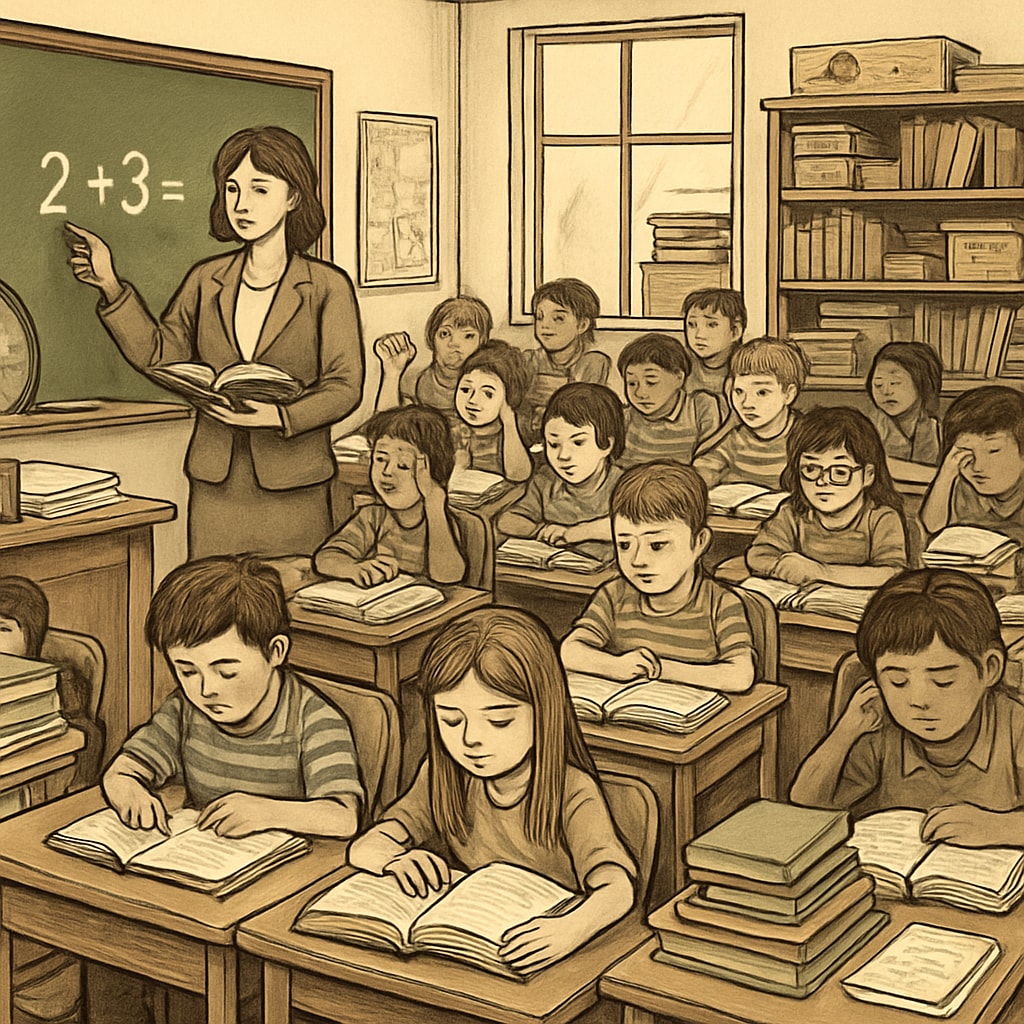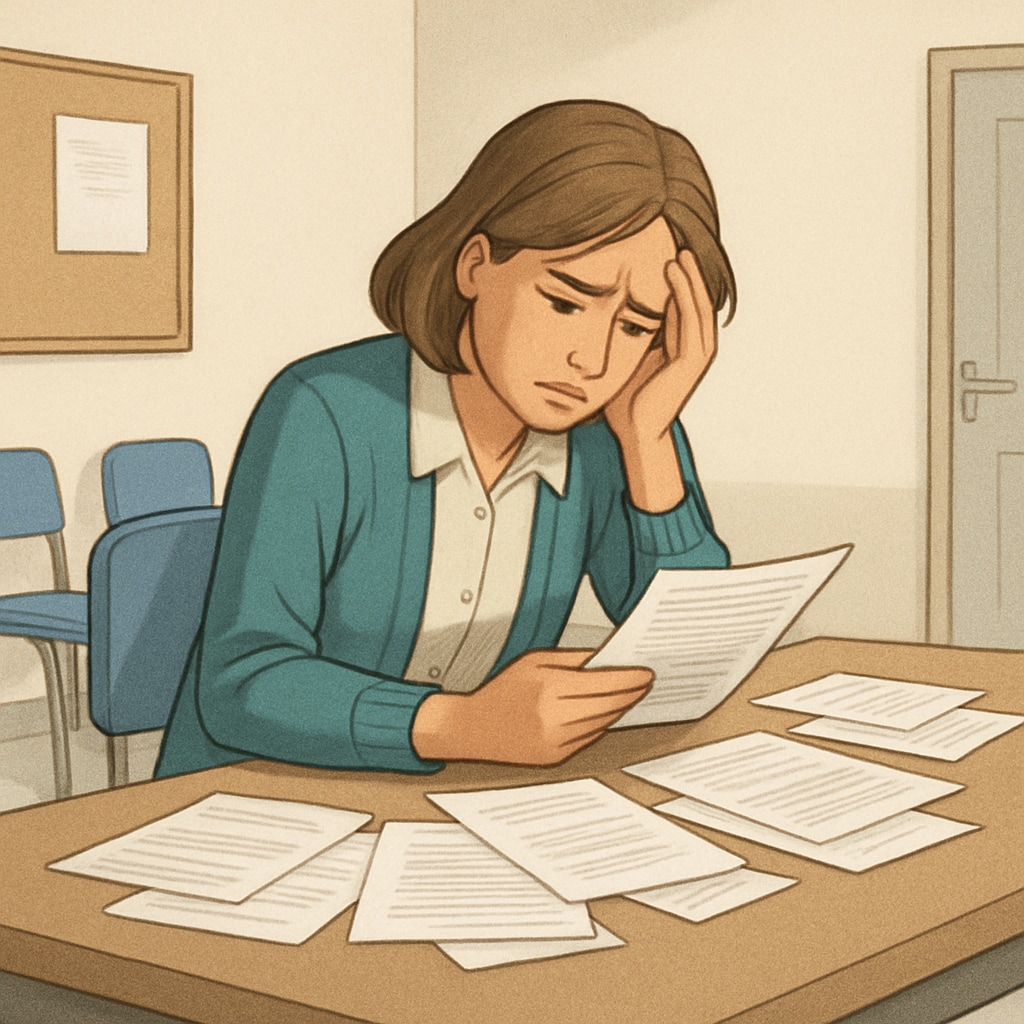The teaching profession has always been considered a cornerstone of society, yet in modern K12 education systems, teachers are increasingly facing significant challenges. Issues such as inadequate teacher rights, poor working conditions, and ineffective school management have created an environment where educators struggle to fulfill their roles with dignity and respect. These obstacles not only impact the well-being of teachers but also affect the quality of education offered to students.
Challenges in Working Conditions
One of the major hurdles teachers face is related to their working conditions. Overcrowded classrooms, insufficient resources, and unrealistic performance expectations have become all too common. For example, teachers often find themselves purchasing classroom supplies from their own salaries due to budget constraints, a practice that undermines the value of their professional contributions. Additionally, long hours spent on lesson planning, grading assignments, and administrative tasks leave little time for personal or professional growth.
- Overcrowded classrooms that hinder personalized teaching.
- Lack of access to modern teaching tools and technology.
- Unpaid overtime for administrative and extracurricular responsibilities.

The Erosion of Teacher Rights
Teacher rights are often neglected in many educational systems. From limited decision-making power in curriculum development to the absence of effective grievance mechanisms, educators frequently feel powerless within their own profession. Furthermore, job security remains a pressing concern, especially in environments where teachers face performance evaluations based on standardized testing rather than holistic assessments of their efforts and impact.
For example, in some regions, teachers are not consulted when new policies are implemented, leaving them to execute directives that may not align with the needs of their students or their own teaching philosophies. This lack of autonomy erodes their sense of professional agency and contributes to career dissatisfaction.

Professional Respect and School Management
Another critical aspect of the teaching profession is the respect and recognition afforded to educators. Unfortunately, many teachers feel undervalued due to inadequate school management practices. For instance, micromanagement by administrators often creates an atmosphere of distrust, while the absence of opportunities for professional development limits career progression.
In addition, teachers frequently encounter a lack of empathy from both management and parents, especially when dealing with behavioral challenges in the classroom. Building a collaborative community where teachers are treated as key stakeholders in educational success is essential for improving morale and fostering mutual respect.
Moving Toward a Fair Education Ecosystem
To address these challenges, a comprehensive overhaul of the education system is necessary. Policymakers, administrators, and communities must work together to create an environment where teachers can thrive professionally and personally. Some actionable steps include:
- Ensuring fair wages and benefits for educators.
- Providing access to professional development programs.
- Involving teachers in policy-making and curriculum design.
- Establishing effective grievance mechanisms.
By prioritizing the needs of educators, we can build a fair and respectful education ecosystem that benefits both teachers and students alike.
Readability guidance: The article uses clear headings, short paragraphs, and lists to summarize key points effectively. Transitions like “for example,” “in addition,” and “as a result” ensure smooth readability. Passive sentences are minimized, while active writing emphasizes solutions and key challenges.


